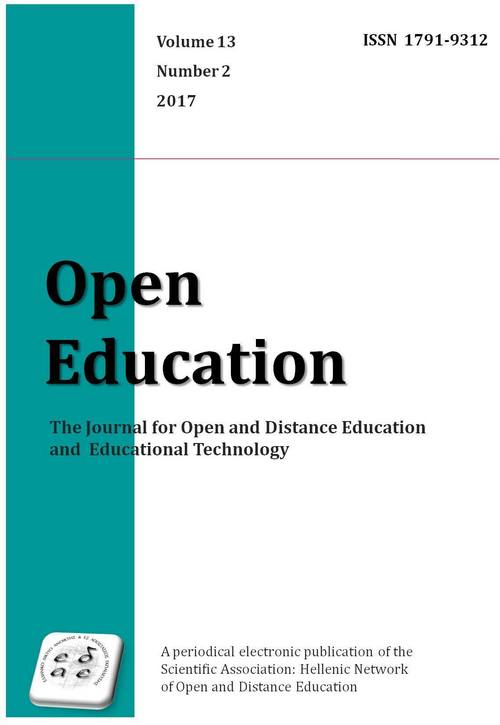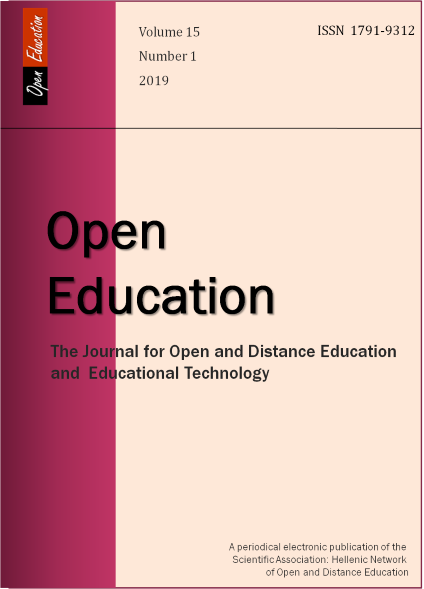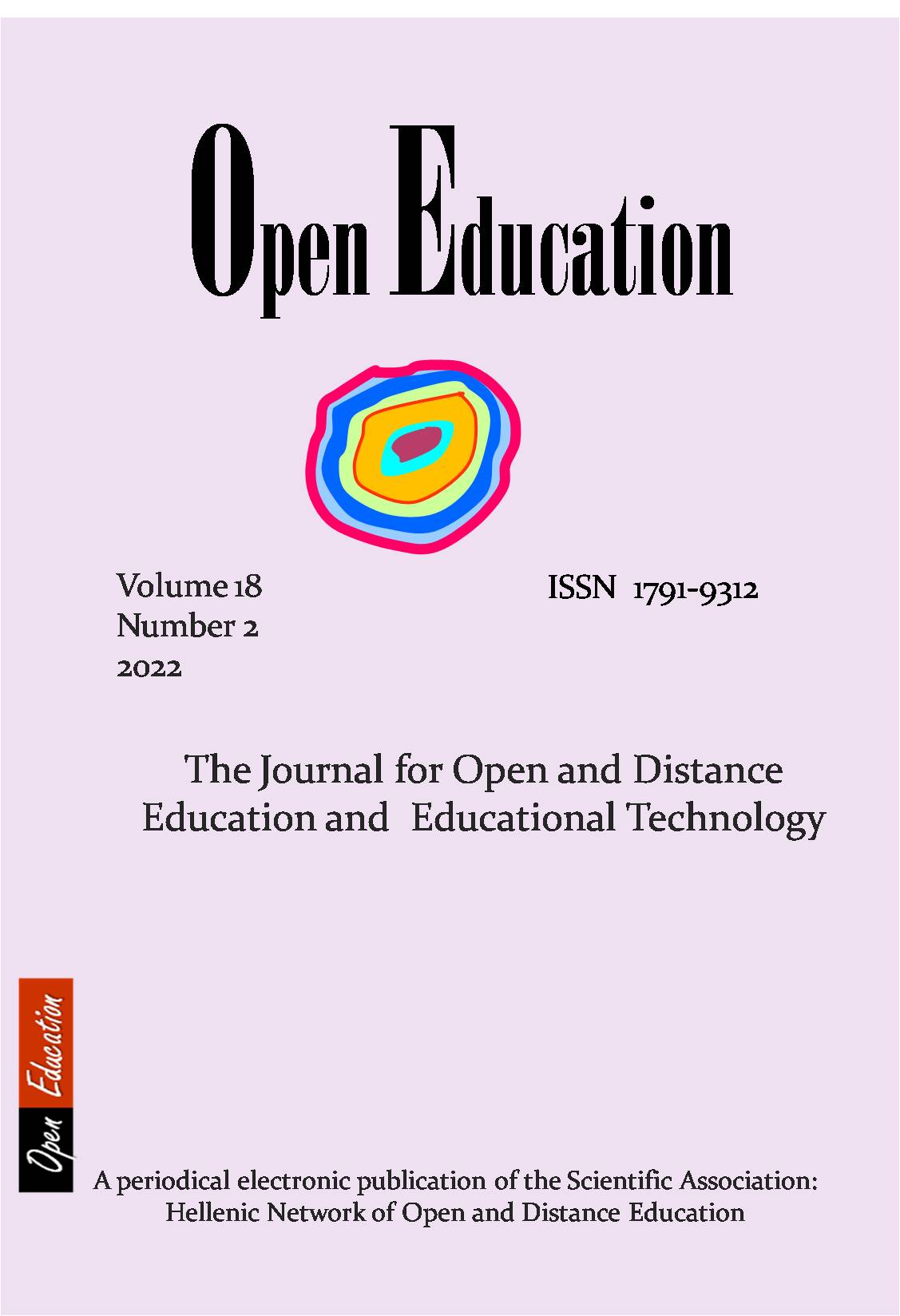Ψηφιακά εκπαιδευτικά παιχνίδια, μαθηματικά και μαθητές του δημοτικού. Αποτελέσματα από πιλοτικό πρόγραμμα
Аннотация
Η εργασία παρουσιάζει τα αποτελέσματα πιλοτικού προγράμματος για τη διδασκαλία ενοτήτων του μαθήματος των Μαθηματικών σε μαθητές της Δ΄ τάξης του δημοτικού με τη χρήση ηλεκτρονικών εκπαιδευτικών παιχνιδιών. Τα παιχνίδια κατασκευάστηκαν από τον εκπαιδευτικό της τάξης χρησιμοποιώντας το πρόγραμμα κατασκευής τρισδιάστατων παιχνιδιών Kodu Game Lab της Microsoft. Για να είναι δυνατή η σύγκριση των μαθησιακών αποτελεσμάτων, συγκροτήθηκαν δύο επιπλέον ερευνητικές ομάδες. Στην πρώτη οι μαθητές εργάστηκαν ομαδικά, ενώ στη δεύτερη η διδασκαλία έγινε καθαρά συμβατικά. Ερευνητικά δεδομένα συλλέχθηκαν με ερωτηματολόγια και φύλλα αξιολόγησης. Από την ανάλυσή τους προκύπτει ότι η ομάδα των μαθητών που χρησιμοποίησε τα παιχνίδια ξεπέρασε, στις περισσότερες περιπτώσεις, την ομάδα που διδάχθηκε συμβατικά, αλλά όχι την ομάδα όπου οι μαθητές εργάστηκαν ομαδικά. Οι απόψεις των μαθητών για τα παιχνίδια ήταν ιδιαίτερα θετικές. Τα αποτελέσματα οδηγούν στην ανάγκη περαιτέρω διερεύνησης του θέματος, εξετάζοντας παράλληλα, τη δυνατότητα ένταξης των εκπαιδευτικών παιχνιδιών για τη διδασκαλία των μαθηματικών στο δημοτικό σχολείο.
Article Details
- Как цитировать
-
- Выпуск
- Том 13 № 2 (2017)
- Раздел
- Μέρος πρώτο / Section 1





